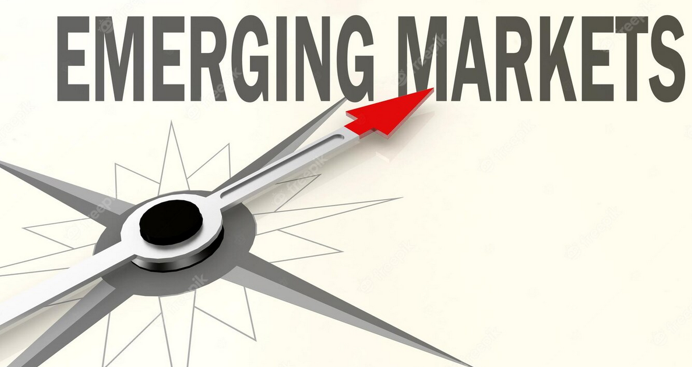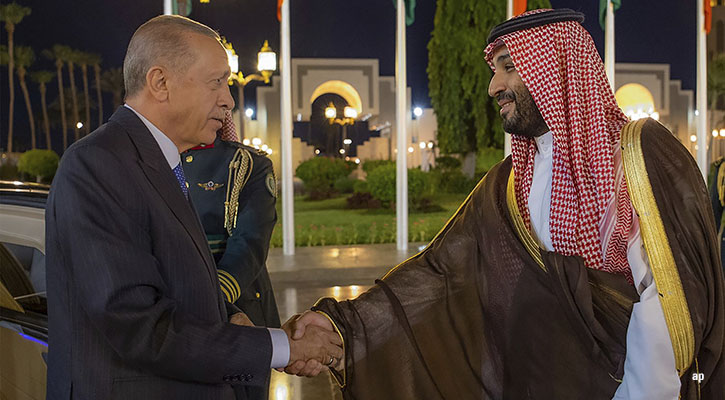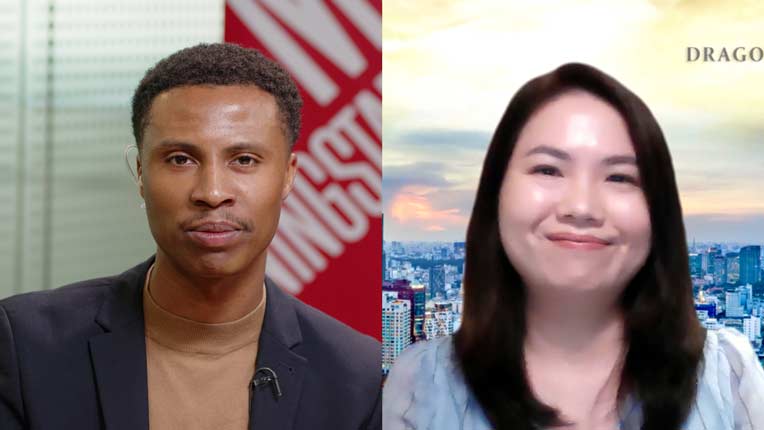
Among all types of geographic equity mandates, global emerging markets (EM) arguably offer the greatest opportunities for active managers to outperform a passive index. This is thanks to the low degree of correlation among EM markets. Over the last 12 months MSCI Brazil has had a correlation of below 0.1 to Taiwan or the UAE (where 1.0 means the markets move in unison and -1.0 means they move in exactly opposite directions). Indonesia has had zero correlation to Mexico and South Africa and a negative correlation to China. Apart from Japan and Switzerland’s relatively low 0.33, major developed markets have shown much higher correlations between 0.4 and 0.9 during this period.
This should not be surprising given the increasingly wide differences in economic and political structures that are lumped together in the EM space. Developing countries with widespread poverty jostle with wealthy ones like the UAE or Korea, whose populations enjoy higher life expectancy than the US. Top-down authoritarian governments like in China mix with lively democracies such as South Korea or Taiwan. Businesses operating in these markets face varying challenges and opportunities at different times.
Global investor attention is drawn from one emerging market to another by geopolitical and economic headlines. This results in flows and short-term performance volatility as well as distortions in valuations of stocks. Whether provoked by sarcastic comments about capitalists by President Lula of Brazil or the latest hot AI news in Taiwan, such moves often present opportunities to buy and sell stocks at attractive valuations. Of course, occasionally such headlines do lead to extreme outcomes, as in the case of Russia’s military build-up on Ukraine’s border. Such tailrisks need to be recognised and managed, but they tend to be less frequent than markets imagine.
In 2023 we are experiencing these forces at play. It is now common knowledge that the investment-driven Chinese growth model is broken. Global investors have been fleeing the Chinese market in droves and embracing the other billion-consumer market of India. This has turned once high-flying Chinese internet companies like Alibaba into deep value stocks, while Indian detergent makers trade on over 50x earnings.
The Mexican peso is among the strongest currencies globally as the world invests in “near-shoring” of production for the US market. Dubai’s property market is booming, driven by reforms designed to double the Emirate’s population of young, upwardly mobile global citizens but its largest property developer still trades at a discount to book value. Investors are torn between fretting about a Chinese invasion of Taiwan and wanting to own the Taiwanese companies producing infrastructure to power the AI boom.
Amid all this, investors must manage their emotions to separate noise from genuine opportunity. A disciplined valuation approach will help identify where the market is taking an extreme view. In most cases things turn out to not be as bad or as good as investors expect. Even in emerging markets life can be mundane and eventually fundamentals reassert themselves.
A diversified portfolio helps the investor take a longer-term view without pressure to react to abrupt portfolio moves. This is helped by the dispersion of returns – even if China is currently selling off, you may be offsetting losses through your Indonesian stocks. If your manager is able to sleep well at night, they will likely take better decisions with the portfolio.
Over the past decade the emerging market index has underperformed the rest of the world. Partly this is a result of its diversity – even as some markets like Taiwan or India have produced over 12% annualised total returns, others like Brazil have barely broken even.
In 2023 developed markets may be starting to face the consequences of ultra-loose monetary and fiscal policies, even as most emerging narkets have worked hard to maintain discipline. Combined with attractive equity valuations, this might set the stage for a more positive environment in coming years, even in the face of obvious headwinds from China’s economic transition. What seems clear is that an active approach that leverages the diversity of opportunities continues to be the best bet.
Kamil Dimmich is fund manager, Pacific North of South EM All Cap Equity Fund




























